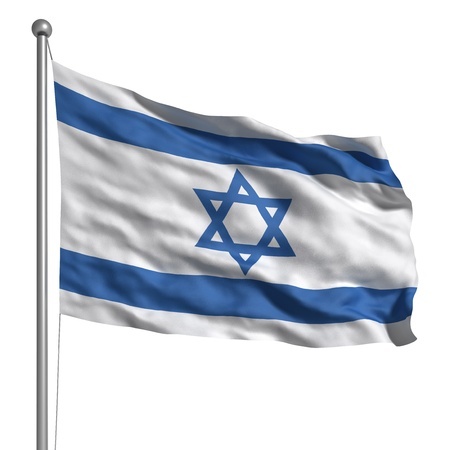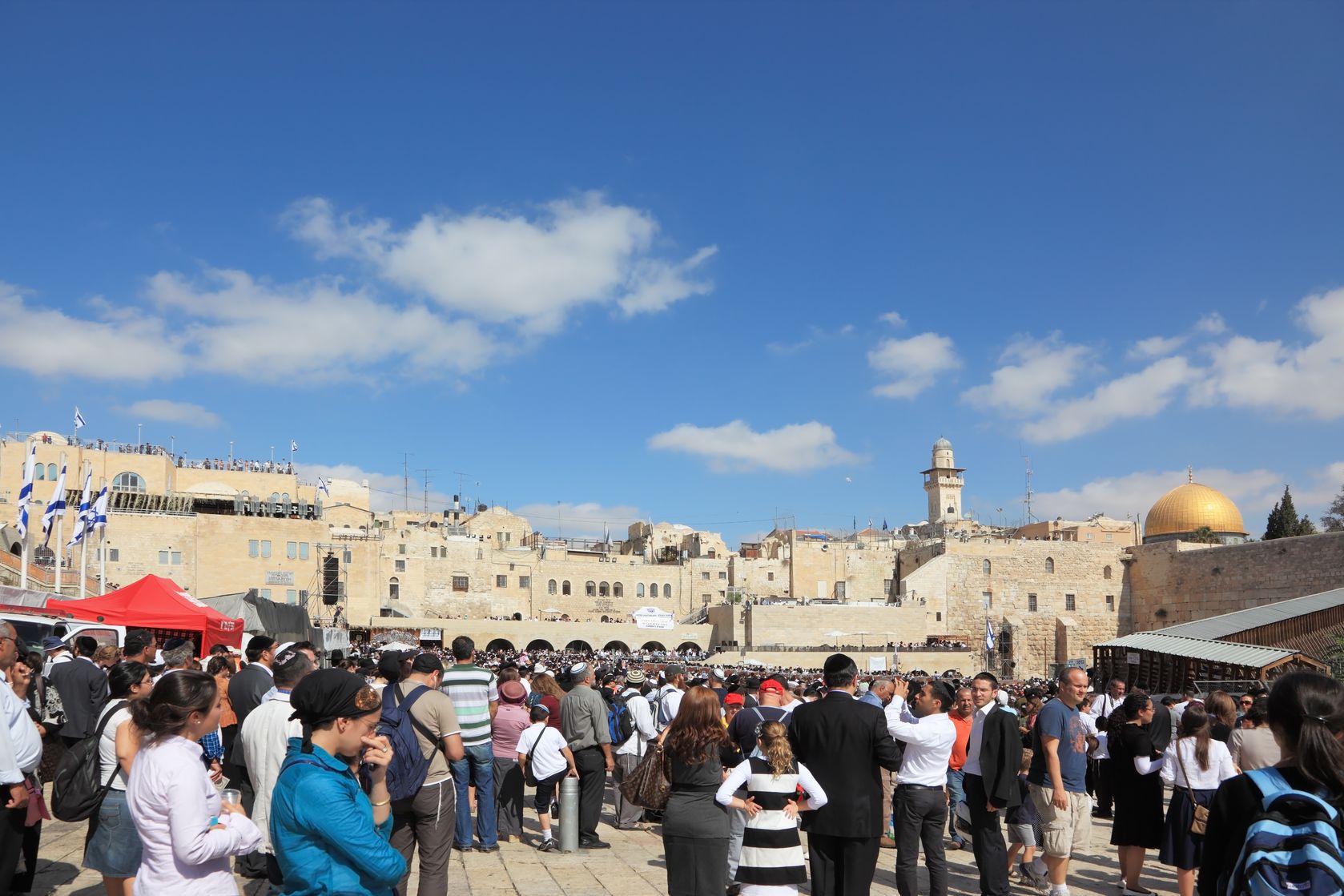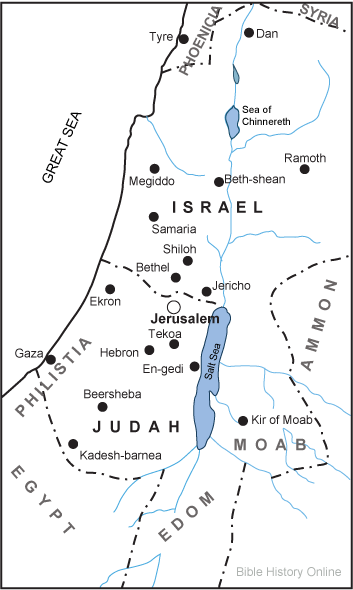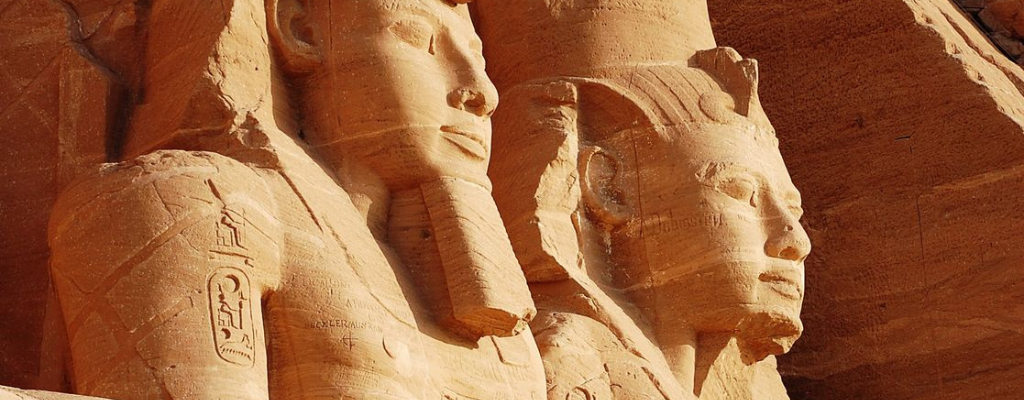This website explains what the Bible says about the Law of God and why we believe it is still for us to obey today.
It will work best to read the articles in order, like you’d read a book.
Table of Contents
Why This Discussion Matters
- Which Bible passages apply to us today?
- Common views on Israel and the Church
- Keeping Israel and the Church distinct
Definitions
Coming Soon…
- What is the moral, ceremonial, and civil Law?
- What is the Law of Christ?
- What is the “Oral Torah”?
- What is legalism?
- What is lawlessness?
- What is salvation? What is sanctification?
- What is circumcision?
- What is the new covenant?
- What is the kingdom of heaven?
- What is the Church?
Common Questions
- Is the Law required for salvation?
- Why did God give the Law to Israel?
- Is the Law too difficult to keep?
- What would happen if Israel didn’t keep the Law?
- What did Paul teach?
- What about Old Testament sacrifices?
- What about clean and unclean foods?
- What about historical church teaching?
- What did Jesus teach about the Law?
- Did Jesus abolish the Law?
- What is the book of Acts about?
- Did God set Israel aside?
- What are some Biblical pictures of Israel and the Church?
- What is the book of Galatians about?
- Didn’t the priesthood change?
- What about end times?










